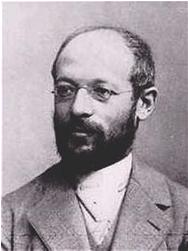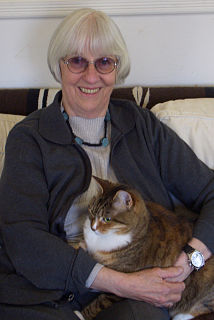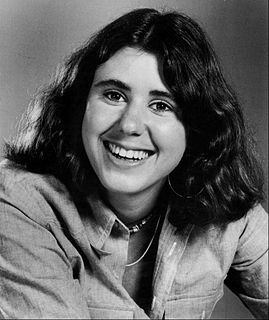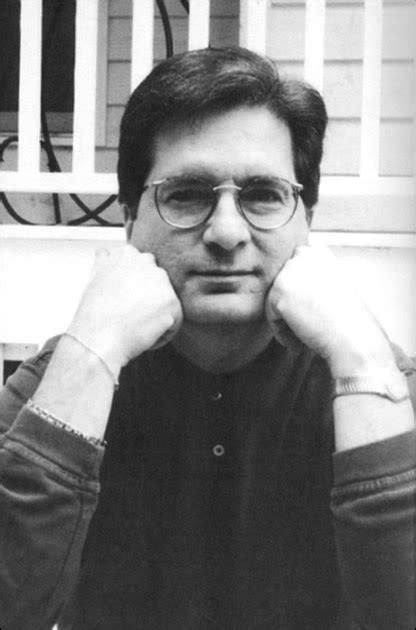A Quote by Jonathan Franzen
Fiction is a particularly effective way for strangers to connect across time and distance
Quote Topics
Related Quotes
This fact was something I also learned from this first novel that I needed personal experience to invent, to fantasize, to create fiction, but at the same time I needed some distance, some perspective on this experience in order to feel free enough to manipulate it and to transform it into fiction. If the experience is very close, I feel inhibited. I have never been able to write fiction about something that has happened to me recently. If the closeness of the real reality, of living reality, is to have a persuasive effect on my imagination, I need a distance, a distance in time and in space.
In a way, being a Mormon prepares you to deal with science fiction, because we live simultaneously in two very different cultures. The result is that we all know what it's like to be strangers in a strange land. It's not just a coincidence that there are so many effective Mormon science fiction writers. We don't regard being an alien as an alien experience. But it also means that we're not surprised when people don't understand what we're saying or what we think.
There is really no fiction or non-fiction; there is only narrative. One mode of perception has no greater claim on the truth than the other; that the distance has perhaps to do with distance - narrative distance - from the characters; it has to do with the kind of voice that is talking, but it certainly hasn't to do with the common distribution between fact and imagination.
I once spent an entire night in a hotel in New York looking across the way into someone's apartment where nothing was happening but daily life, a phone call, television watching, staring into the fridge. Seeing how those strangers lived over that small distance and in absolute silence moved me deeply.
My dream is that people will find a way back home, into their bodies, to connect with the earth, to connect with each other, to connect with the poor, to connect with the broken, to connect with the needy, to connect with people calling out all around us, to connect with the beauty, poetry, the wildness.
There are some superficial things that connect me to the stream. There's instrumentation, there's timbre, use of electronics, the way that samples are used, the way the electric guitar is used. I'm thinking of things that are particular to this era. But I don't always feel particularly close to the music of my peers. I often feel that I have more in common with writers and visual artists. I try to connect to people in an emotional kind of way.
You know I think so many of us live outside our bodies. My dream is that people will find a way back home, into their bodies, to connect with the earth, to connect with each other, to connect with the poor, to connect with the broken, to connect with the needy, to connect with people calling out all around us, to connect with the beauty, poetry, the wildness.
I arrived at my way of "working" as a way of visually approximating what I feel the tone of fiction to be in prose versus the tone one might use to write biography; I would never do a biographical story using the deliberately synthetic way of cartooning I use to write fiction. I try to use the rules of typography to govern the way that I "draw," which keeps me at a sensible distance from the story as well as being a visual analog to the way we remember and conceptualize the world.


































